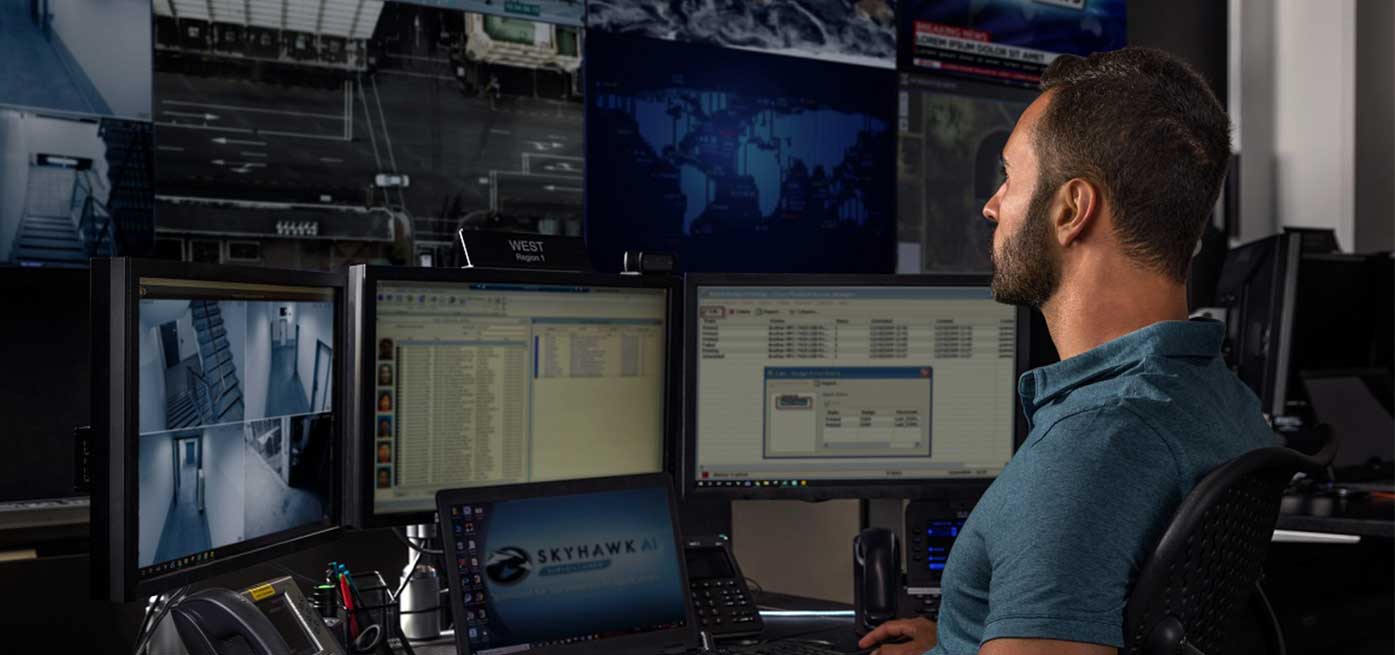
How to Build a GPS Jammer at Your Home
Here’s a step by step guide on how to build your own GPS jammer. Below are the main steps we are going to introduce in

As great as the benefits of using GPS are, the technology can be misused quickly. This is the case when people are secretly monitored in a private or business environment. You want to know where your partner is when he is not at home or what the employee is doing during his break. This secret surveillance is prohibited, and anyone who locates people without their knowledge and consent violates applicable personal rights such as the Federal Data Protection Act and is therefore committing an administrative offense or even a criminal offense.
Modern technology offers the possibility of keeping an eye on certain objects but also on people, always and everywhere. Permanent monitoring can bring many advantages, especially in operational areas: more overview, better planning, easier coordination, faster reaction, fewer expenses, etc. However, this is mainly the case regarding vehicles or objects. People may and should only be monitored in rare cases, for example, regarding their safety at work. Otherwise, locating people without consent is prohibited and can have various consequences.
Localization with GPS is possible either via a vehicle or a mobile phone. You can quickly attach a tracking device to a vehicle and check the exact location at any time. This is particularly useful in companies with a large fleet of vehicles, as it makes working with many vehicles daily much easier. In this case, however, no personal movement data may be collected. This violates local privacy policies. In addition, employees must be informed when the vehicle they are traveling in is being tracked and have consented to this.
Localization with the help of GPS in the vehicle offers several advantages. In this way, all the information collected is stored for some time and can therefore be traced later. In addition, this type is associated with other options that can provide essential help in everyday work.
In addition to vehicles, you can easily locate mobile phones with GPS to find out where a specific person is. On the one hand, these can be those of the employees; on the other hand, they can also be the cell phones of loved ones. The private collection of such coordinates is also not permitted. Since an administrative offense is committed with the involuntary cell phone location or track, the behavior threatens a fine.
As already mentioned, monitoring your employees with GPS during or even after working hours is not legal without their knowledge and consent. If company vehicles or mobile phones can be located, this information should not be used to connect directly to the employees. What they do during their break or after work are a private matter and nobody’s business. If the boss carries out hidden employee monitoring contrary to the applicable laws, there may be a report and corresponding penalties. If you are unsure – on the part of the boss or the employee – you should contact your data protection officer and get advice from them.
However, not only at work but also in private life, there can be secret surveillance through GPS. This often takes place in or after romantic relationships. People particularly like to spy on their (ex-)partner. This well-known scenario is also known in film and television. However, creating a human movement profile against his will is a criminal act.
Nevertheless, private detectives use GPS, again and again, to provide their clients with targeted, reliable information. Customers are usually betrayed or abandoned partners. However, this data collection is just as forbidden for them as for private individuals.
The unlawful use of GPS may result in criminal consequences. If an administrative offense is committed, usually only a fine is imposed. A violation of the applicable Federal Data Protection Act (BDSG), on the other hand, can even result in a prison sentence of several months or years. Sometimes the sentence is only imposed on probation.
If monitoring with GPS covers other areas of life and a person is stalked, the penalties can be correspondingly higher. This is by no means a trivial offense.
Overall, when using GPS technology, you should know what you can do with it and what you cannot. The use itself is not punishable, but the handling must be regulated precisely so one moves in the legal territory. This protects you from possible fines or even harsher penalties if you violate the Data Protection Act.
It seems that GPS tracking is unavoidable. If you are being tracked, you shouldn’t think you can’t do anything in return. The GPS jammer can help you to get rid of them.
GPS jammers work by blocking the GPS signal within a certain radius, which can be a few meters or even several kilometers. GPS navigators and geolocation applications will be disabled if a jammer is active within an area. That means the GPS signal will no longer be able to reach your smartphone or car, so that you will disappear from their surveillant eye.
But you should note that when you eliminate the GPS signals, all services, like the navigation system in your car, will not work too. Keep this concept in mind and consider it before you use a jammer.
Our frequency checker tool will help you check all frequency bands used in all country.

Here’s a step by step guide on how to build your own GPS jammer. Below are the main steps we are going to introduce in

In today’s digital age, our lives are more connected than ever before. We rely on our smartphones for communication, entertainment, and information. However, with this

Signal jammers are devices that deliberately transmit signals on the same frequencies as telecommunications and GPS devices, such as mobile phones, GPS trackers, and even

We rely on our mobile phones and cellular service wherever we go. How could we not? These are small portable computers that help us stay

Can my phone be hacked? Yes, your phone can get hacked, and it happens more often than you think. However, there are ways to tell

Blocking devices are designed to disrupt wireless communication channels. They create “white noise” at a certain frequency. If this frequency matches the one on which

To block a wifi network, you must issue signals on the same frequency as your target but stronger than the original signal. Use a wifi

Supplying high quality signal jamming devices since 2010. The only jammer store you can trust.
Jammer Master © 2024. Premium Signal Jammer Supplier Since 2010.